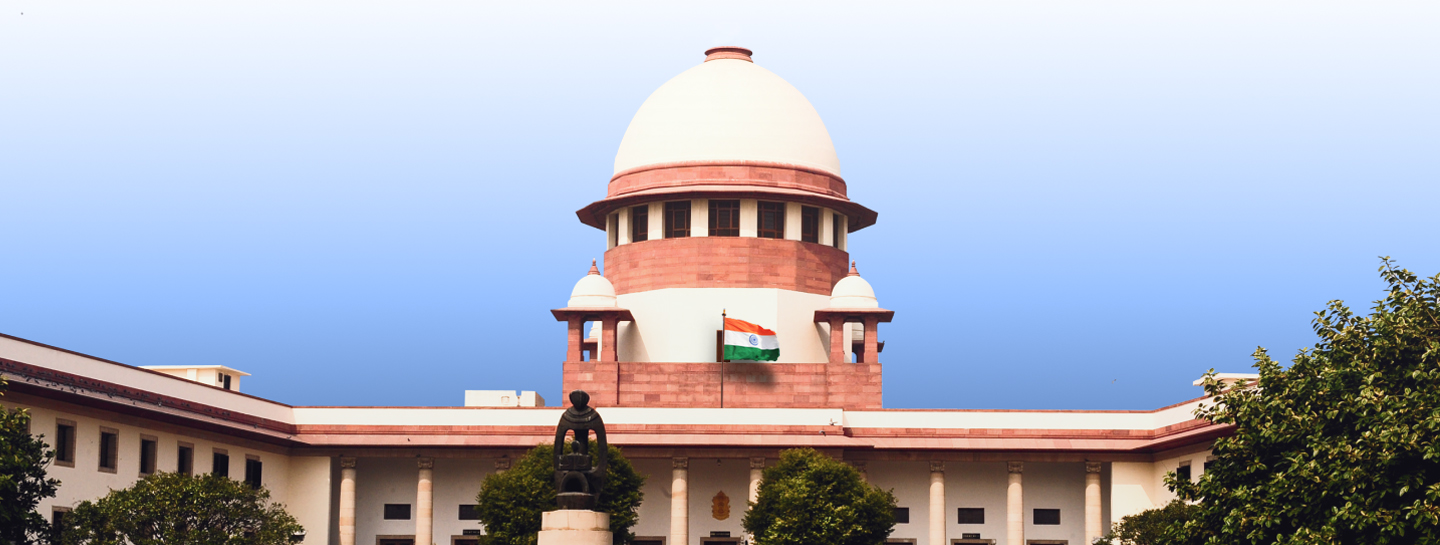The Supreme Court ruled on Thursday in the electoral bonds case, stating the scheme unconstitutional. A five-judge constitutional bench led by CJI Chandrachud previously proposed looking into alternative systems for funding political parties while the current system's flaws are ironed out.
What is electoral bond in India?
Electoral bonds are financial instruments in the form of promissory notes or bearer bonds that can be bought by individuals or companies in India for contributing funds to political parties. They are interest-free and can be purchased by Indian citizens or corporations.
SBI issues these bonds, which are sold in multiples of ₹1,000, ₹10,000, ₹1 lakh, ₹10 lakh, and ₹1 crore. Donations made under this scheme by corporations and even foreign entities were 100% tax exempt, while the donors' identities were kept confidential by both the bank and the recipient political parties.
The electoral bonds initiative, initiated in 2018, involves the use of instruments bought from banks by individuals or companies to donate to political parties, serving as a method to replace cash donations and promote transparency in political funding.
According to the provisions of the scheme, only the political parties registered under Section 29A of the Representation of the People Act, 1951 and which secured not less than 1 per cent of the votes polled in the last elections to the Lok Sabha or a state legislative assembly are eligible to receive electoral bonds, as quoted in a report by HT.
Here's the Chronology of events

However, several petitions were filed in the Supreme Court, including those filed by the CPI(M), Congress, and some NGOs, challenging the constitutionality of the electoral bonds scheme. The hearing on this matter began on October 31, last year. The petitioners made several arguments about the scheme, including its legality and the potential threat it poses to the country.
According to the petitioners, the scheme violates the right to information, creates opportunities for shell companies, and encourages corruption. Kapil Sibal, a Rajya Sabha MP and senior advocate, has raised the possibility that a political party could use donations for purposes other than elections. However, the Centre maintains that the scheme ensures "transparency" and serves as a "powerful check on the use of illicit money in elections."
Important key highlights from the Supreme Court verdict
- A five-judge bench consisting of Chief Justice of India DY Chandrachud, Justices Sanjiv Khanna, BR Gavai, JB Pardiwala, and Manoj Misra delivered a unanimous verdict on Thursday, striking down the Electoral Bonds scheme as unconstitutional.
- Two verdicts were delivered by the Supreme Court today, both reaching the same conclusion but with slightly different observations.
- Chief Justice of India, while reading out his judgment, stated that the Supreme Court holds that anonymous electoral bonds are violative of the Right to Information and Article 19(1)(a).

- The Supreme Court further directed the State Bank of India to cease issuing electoral bonds and instructed the bank to disclose all information to the Election Commission of India.
- The Supreme Court emphasized that information about corporate contributors through Electoral Bonds must be disclosed, as donations by companies are deemed to be purely for quid pro quo purposes.
(Inputs from agencies)
© Copyright 2024. All Rights Reserved Powered by Vygr Media.





















